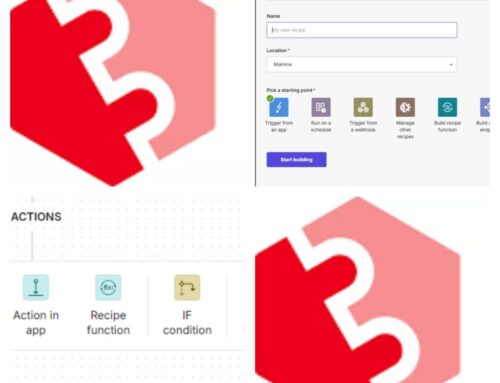Child welfare caseworkers are among the most overworked government employees, they shoulder the responsibility for the well-being and safety of our most vulnerable population – children. The work of today’s caseworkers is limited by disjointed processes and siloed data. These aging, disparate legacy systems do not support their work in a timely and efficient manner. In an ideal state, caseworkers would be able to quickly investigate cases and work with families to create safe environments for children and youths to return to. But, with their out-of-date legacy systems and over 407,000 children and youths in the foster care system, that ideal state often seems like a pipedream.
To combat the struggles of state child welfare offices and caseworkers, Perficient and Pegasystems have partnered up. With our award-winning strategy, scalability, and Pega’s great tools and unique perspective on this topic, our solution will ease the burden on caseworkers and help support their workload. This solution will allow caseworkers will be able to have improved data visibility, better case management support, and a better user experience.
Our team comprises of subject matter experts with many years of experience with child welfare and health and human services. Consistent meetings with industry thought leaders to evaluate technology trends in the marketplace, devise innovative approaches to solving critical issues in the child welfare and human services space, and discuss how our solutions can address the needs for a comprehensive child welfare information system.
With Pega’s innovative technology, our solution will be easily customizable to support a wide variety of factors like case status, program, and geography. With the automated workflow, state and local government offices can experience better data accessibility, efficiency, and visibility. We’re proud of our solution and look forward to incorporating it into child welfare offices. At the end of the day, our goal with this solution is to support caseworkers, help them manage their caseload, and ultimately place children and youths in safe and loving environments where they can grow and thrive.





Leave A Comment